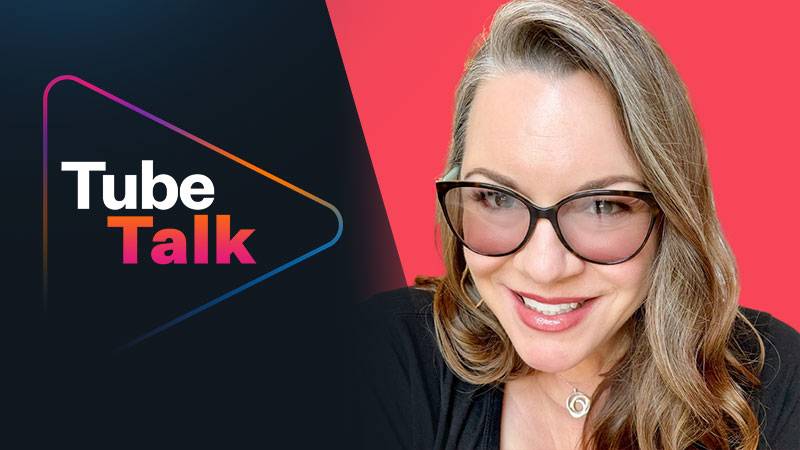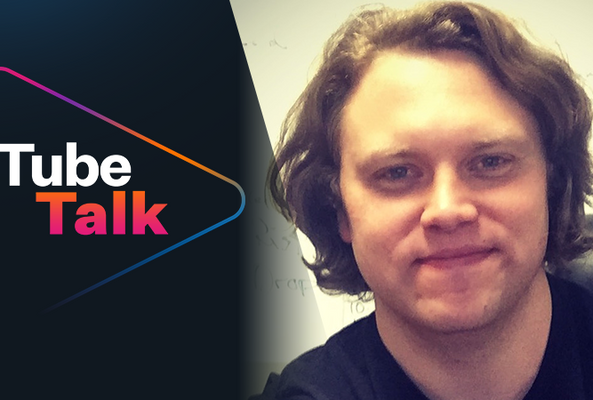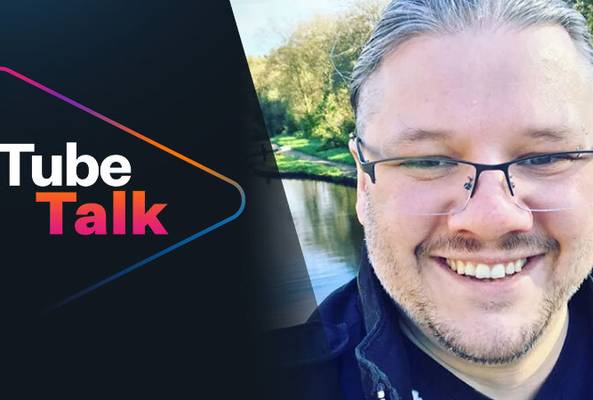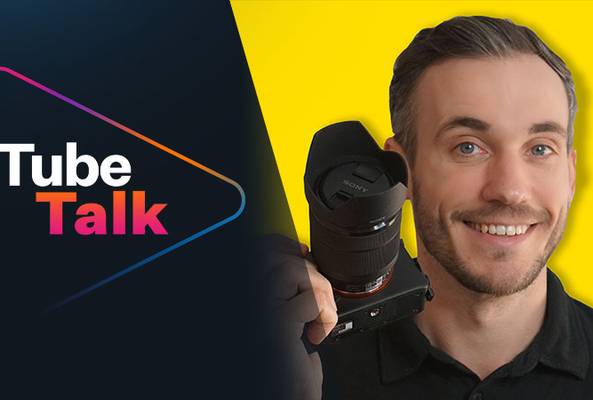Dan got his start on YouTube in August of 2011, recording gameplay videos as a fun hobby while attending school for video production. Joining the vidIQ team in 2020 allowed Dan to combine his hobby and professional talents to now help others grow their own YouTube channels.
8 Legal Mistakes to Avoid as a YouTube Creator
Avoiding legal issues on YouTube isn’t easy. With strict copyright rules and confusing tax requirements, it’s hard to know what you can and can’t do on the platform.
That’s why we’ve enlisted the help of Emily D. Baker. She’s a former deputy district attorney with more than 15 years of experience. On her YouTube channel, Emily gives legal commentary on pop culture issues to help people understand U.S. law. And when she’s not doing that, she advises YouTube creators on the legality of their business.
In this episode of TubeTalk, Emily reveals legal mistakes every creator should avoid. She shares facts most creators don't know about the fair use of content, reducing taxes, and how to make YouTube a business.
Avoid These Legal Mistakes on YouTube
Go ahead and press play on this episode. As you listen, you’ll learn some YouTube best practices, such as...
- Don’t use your personal email address as your YouTube email address. That makes it easy for someone to hack your channel and steal your identity. Start fresh with a new email.
- Avoid using someone else’s intellectual property when naming your channel. For example, “Instagram Insights” would be a risky channel name because “Instagram” is trademarked.
- Don’t forget to pay your taxes. Set aside 30% of your YouTube revenue in a business account to avoid legal trouble in the U.S.
- Know when to make your brand an LLC or another business type. There are tax advantages, but it all depends on your YouTube income and where you live.
- If you do create an LLC, don’t put your home address on the paperwork. The general public can access that information.
- Be careful using video clips that don’t belong to you in your videos. You don’t want to re-air a TV episode. You should limit that content and layer it throughout your video – a five- to 10-second clip followed by three minutes of commentary about the clip, for example.
- Using copywritten music on YouTube is dangerous. You can find royalty-free audio within YouTube’s music library instead.
- Getting verbal permission to use an artist’s music isn’t enough. Can you prove it in writing? You should also get permission for every artist involved – the person who wrote the song, the musician who created the melodies, etc.
If you need specific legal advice, always speak to an attorney. Emily says creators with small to large audiences can benefit from such information.
“It’s worth having a consultation, and a lot of attorneys will do that – just talking about what your content is and what the red flags will be," Emily says. "Then as your channel grows to millions of subscribers, that’s when you see creators who have law firms on retainer. That’s when you start having bigger issues. At that point, big YouTubers need to have regular counsel that they can call.”

TubeTalk is one of the most popular and listened-to podcasts in the online video industry. Don't forget to SUBSCRIBE to TubeTalk on your favorite podcast app so you never miss an episode!
★ Apple
★ Google
★ Spotify
You can also find the complete list of all the TubeTalk podcast episodes here!



